

Tim Phillips
I love sharing my journey from being hopeless, to getting sober, to learning how to eventually be both sober and happy. to learning how to eventually be both sober and happy.
Imagine landing your dream job, only to spend every social gathering worried that someone will discover you’re in recovery. That was me.
I kept alcohol out of my hand and offered excuses when asked why I wasn’t drinking. On the outside, it looked like I was just a “responsible driver” or “had an early morning,” but inside, I was terrified.
I believed that if anyone found out about my past addiction, they’d judge me, label me, and see me as someone I didn’t want to be perceived as.
Staying anonymous seems safer in the beginning. You don’t owe anyone an explanation, right? Yet, the more I tried to hide, the more I realized I was trapping myself.
Hiding didn’t free me from judgment—it kept me from forming real connections, sharing my story, and fully healing from shame.
When I first got sober, I feared how coworkers, bosses, and even friends would react if they knew. Would they trust me with responsibilities? Would they question my sick days?
I tried every excuse to avoid suspicion—“I have to drive,” “I have an early morning,” “I’m on medication.” But the mental gymnastics of remembering what excuse I gave to whom was exhausting.
I realized the only person I was really deceiving was myself, and it was all rooted in shame.
Shame thrives in the shadows. By refusing to talk about my history, I was agreeing that it was something to be ashamed of. This not only isolated me but also blocked genuine support from people who might have understood.
I learned that the antidote to shame is openness. Ironically, sharing parts of my journey often led to empathy and even admiration from others—far from the criticism or pity I expected.
I used to envision the worst-case scenario at work gatherings: what if an executive offered me a drink in front of everyone? Finally, it happened, and I decided enough was enough. I simply replied, “No thanks, I don’t drink.”
No excuses, no backstory. And guess what? The world didn’t crumble. My colleague moved on to take someone else’s drink order, and later, he respectfully asked about my sobriety in private. That conversation turned into mutual respect rather than judgment. I had let go of the lie that I was unworthy because of my addiction.
The surprising outcome of being open was the number of people who reached out, shared their own stories, or thanked me for giving them hope. When we’re honest about our struggles, we become more approachable. We show others that they can also overcome challenges.
Being anonymous in recovery might feel protective, but over time, it can hinder both your healing and your ability to connect genuinely. Stepping into the open can be scary, but it transforms shame into empowerment. Your past stops being a secret you guard and becomes a testament to your strength and growth.
If you’ve been hiding your sobriety out of fear or shame, consider taking one small step toward being more open. Maybe share your journey with a trusted friend or politely mention it the next time you’re offered a drink. You might be surprised by how people respond—and more importantly, by the freedom you’ll feel. For more on this topic, tune in to the full episode of The Sober and Happy Podcast. Together, let’s replace hiding with healing.

I love sharing my journey from being hopeless, to getting sober, to learning how to eventually be both sober and happy. to learning how to eventually be both sober and happy.




Join our mailing list to receive the latest news and updates from our team.


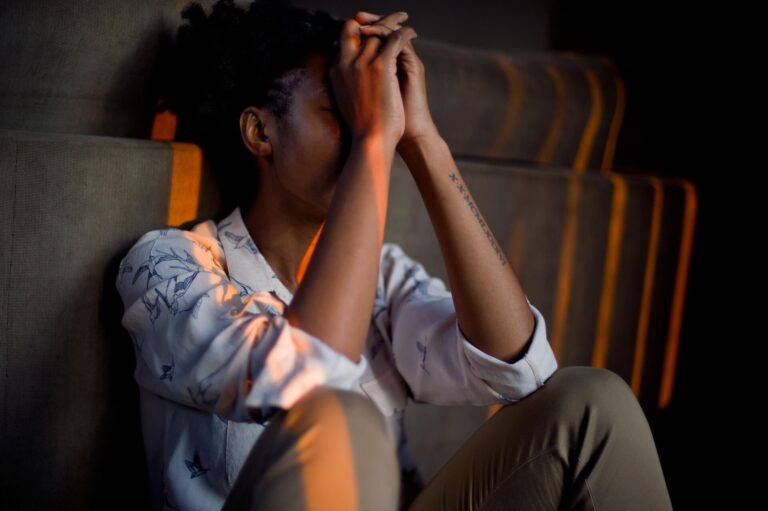
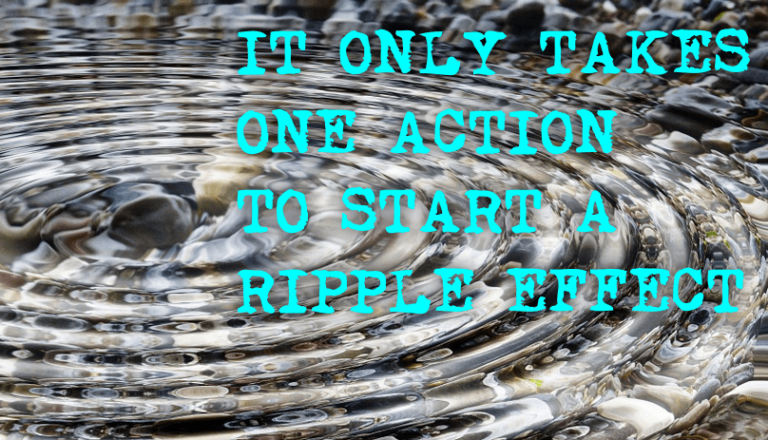
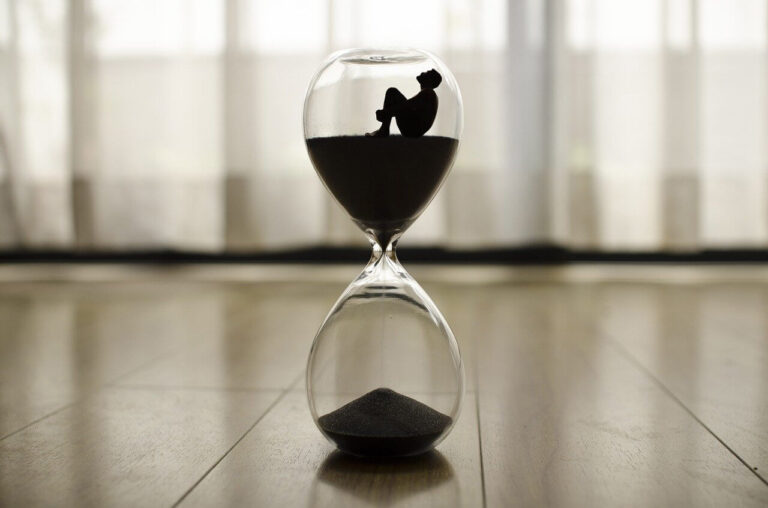
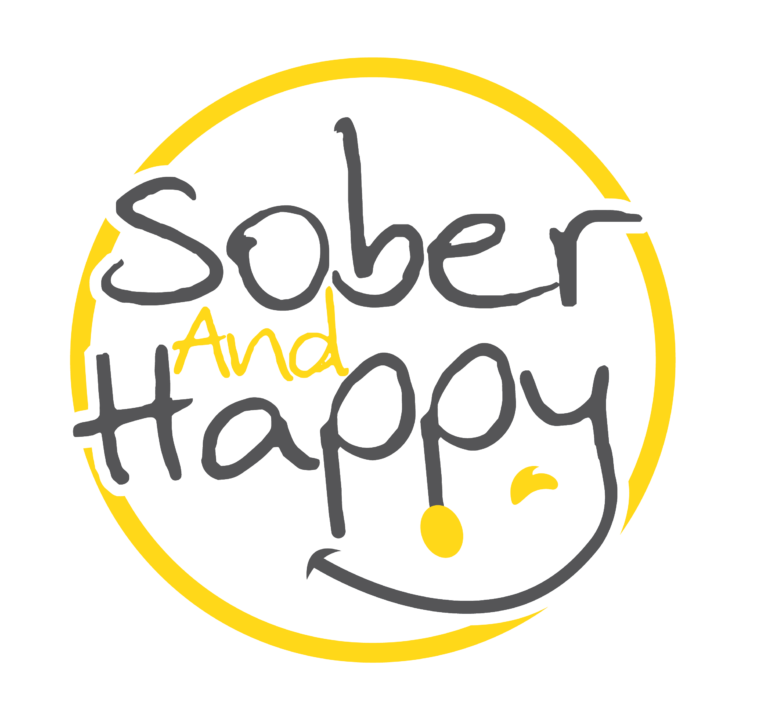
Copyright © 2023 by Sober and Happy. All rights reserved.
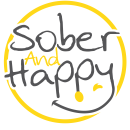
Join our mailing list to receive the latest news and updates from our team.